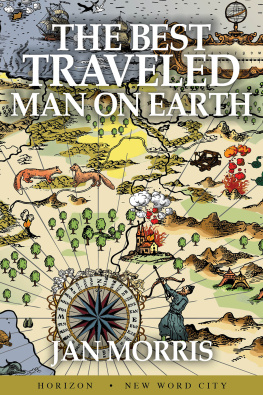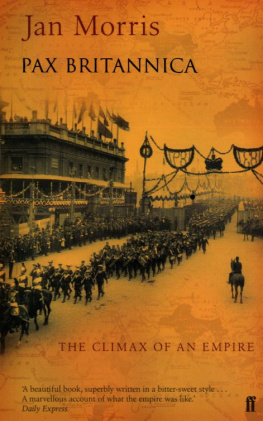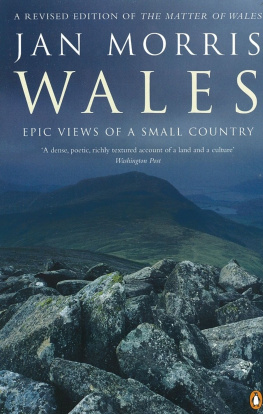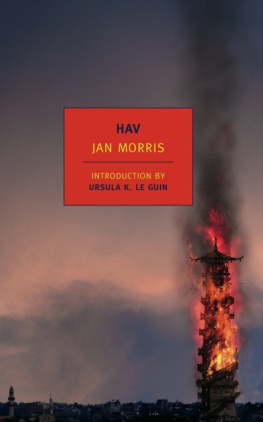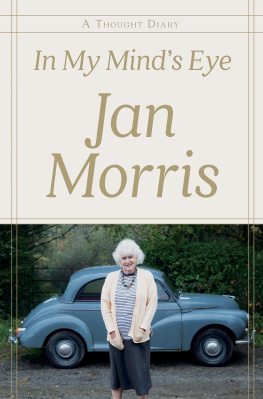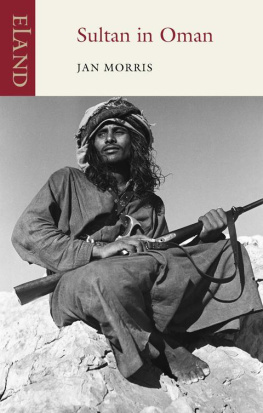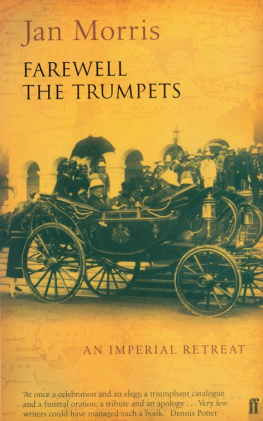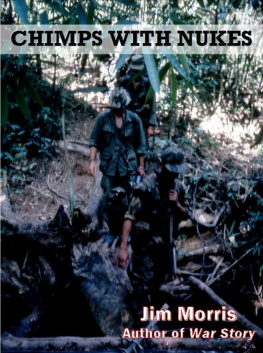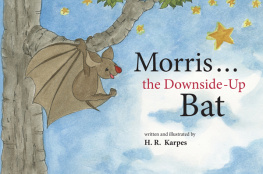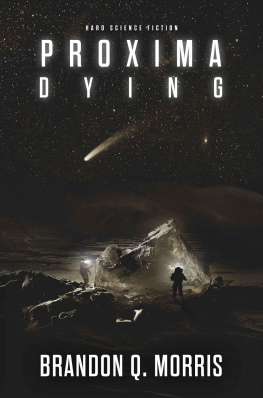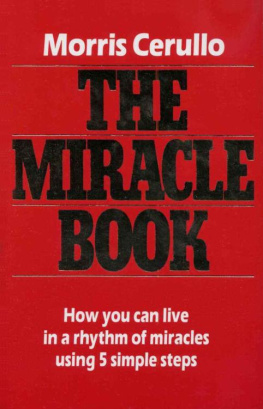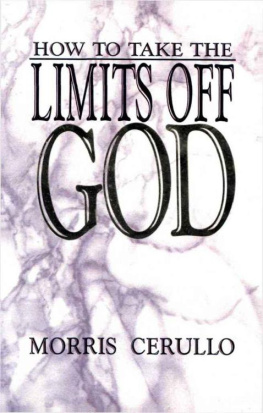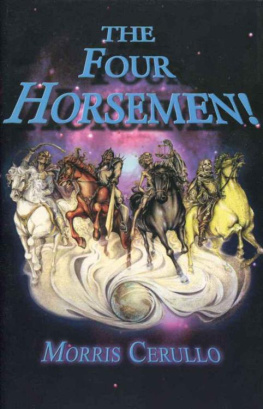Jan Morris - The Best Traveled Man on Earth
Here you can read online Jan Morris - The Best Traveled Man on Earth full text of the book (entire story) in english for free. Download pdf and epub, get meaning, cover and reviews about this ebook. year: 2014, publisher: New Word City, Inc., genre: Art. Description of the work, (preface) as well as reviews are available. Best literature library LitArk.com created for fans of good reading and offers a wide selection of genres:
Romance novel
Science fiction
Adventure
Detective
Science
History
Home and family
Prose
Art
Politics
Computer
Non-fiction
Religion
Business
Children
Humor
Choose a favorite category and find really read worthwhile books. Enjoy immersion in the world of imagination, feel the emotions of the characters or learn something new for yourself, make an fascinating discovery.
- Book:The Best Traveled Man on Earth
- Author:
- Publisher:New Word City, Inc.
- Genre:
- Year:2014
- Rating:3 / 5
- Favourites:Add to favourites
- Your mark:
- 60
- 1
- 2
- 3
- 4
- 5
The Best Traveled Man on Earth: summary, description and annotation
We offer to read an annotation, description, summary or preface (depends on what the author of the book "The Best Traveled Man on Earth" wrote himself). If you haven't found the necessary information about the book — write in the comments, we will try to find it.
The Best Traveled Man on Earth — read online for free the complete book (whole text) full work
Below is the text of the book, divided by pages. System saving the place of the last page read, allows you to conveniently read the book "The Best Traveled Man on Earth" online for free, without having to search again every time where you left off. Put a bookmark, and you can go to the page where you finished reading at any time.
Font size:
Interval:
Bookmark:
One day in the Moslem year 756 (1355 in our chronology), a well-known Moroccan theologian named Ibn Battuta began to dictate his memoirs. The fifty-one-year-old was committing his memories to paper under instructions from the Commander of the Faithful, the Sultan Abu Inan Faris of Morocco. Battuta began them ritually: In the Name of God the Merciful, the Compassionate: Praise be to God, Who hath subdued the earth to His servants that they may tread thereon spacious ways, Who hath made therefrom and thereunto the three moments of growth, return and recall, and hath perfected His Bounty towards His creatures in subjecting to them the beasts of the field and vessels towering like mountains, that they may bestride the ridge of the wilderness and the deeps of the ocean.
The imagery of his dedication was more than figurative. Though Ibn Battuta was a scholar and a distinguished qadi, or judge, he was known chiefly as a traveler. He was not well traveled merely by Moroccan standards, he was the best-traveled man on earth. By sea and land, by camel, on foot and horseback, he traveled at least 73,000 miles, a total probably un equaled until modern times. He alone among all the men of his age had visited every civilized country there was.
Civilization, however, like beauty, lies in the eye of the beholder. To the sultan, to Ibn Battuta, and to any educated citizen of fourteenth-century Morocco, civilization lay within the borders of Islam. It had been 600 years since the Arabs had carried their austere, warlike faith across the continents. By the fourteenth century, the great Islamic empire of the caliphs had split into a multitude of sultanates, emirates, and squabbling principalities. It remained, nevertheless, a political and cultural entity. From Morocco in the west to Java in the east, as far north as Samarkand and Granada, as far south as Timbuktu, Islamic sovereigns ruled and Islamic traditions were paramount. Even beyond, in East Africa, in the Himalayan frontiers and China, Moslem traders formed thriving enclaves, like stepping-stones across an infidel marsh. Compared with Islam, Christianity, Buddhism, and Hinduism were impotent. Islam had survived the weakening of its political authority and remained one of the great powers of the world. The seven eminent monarchs of the fourteenth-century world, in Ibn Battutas reckoning, were the sultan of Morocco (naturally), the sultan of Egypt, the sultan of the two Iraqs, the sultan of Turkistan, the sultan of India, the khan of the Golden Horde, and the emperor of China. All were Moslems but one.
ISLAM WAS MORE than empire, more even than a faith or ideology: It was a religion, a style, a code of conduct, a loyalty, a system of law, a literature, and a language (wherever Islam was honored, Arabic was understood). It was as if Roman law, the Catholic faith, and the social nuances of the British Empire were combined in one all-embracing system. The wandering Roman could cry civis Romanus sum I am a Roman citizen - wherever he went in the world of the Caesars. The wandering Catholic could confess in Latin anywhere. The wandering Briton, if he knew the right people, could be sure of a proper reception from Halifax in Yorkshire to Ooty in India. The wandering Moslem could expect still more, especially if he was a learned man of religion: Everywhere co-religionists would help him, guide him, put him up, hear his case, introduce him, offer him letters of credit, and see him safely on his way. It was an immense fraternity, expressed not only in human relationships and legal practices, but in the grand mosques of Islamic architecture, in the caravansaries of the pilgrim routes, in the common treasury of Arab legend and tradition, in the music of the Arabic tongue, and in the shared conviction that there was one God and Mohammed was his prophet.
Being Moslem was like winning, as Cecil Rhodes said of being born an Englishman, first prize in the lottery of life. The empire of Islam might be disintegrating, but every Moslem felt inherently privileged. Islamic potentates carried themselves with splendor and confidence. Islamic soldiers, though few believed that death in a righteous battle would mean ascension to Paradise, certainly assumed Allah was on their side: Had they not, after all, triumphantly expelled the Christian Crusaders from the holy places of Palestine? The crescent of Islam was not only a holy talisman, but a sign of brotherhood, too, and a reminder of common triumphs and aspirations.
Though the world of the Moslems was hard to define politically, it did constitute a civilization. Pre-eminent in philosophy, astronomy, mathematics, poetry, and navigation, Islam held for posterity the learning of the classical past. The faith spread learning and speculation all over the medieval world; the wandering Moslem scholars of the age - Ibn Jubair , Ibn Khaldun , and Ibn Battuta himself - were agents of fertility, passing ideas from one continent to another. Moslems dominated the great trade routes from the Mediterranean into Europe, into the Black Sea, into central Africa, through Persia to India and Malaya, through the East Indies to China. Arabic words entered the Icelandic language. Arabic numerals were used in England. Islamic law governed the affairs of Malacca as well as Malaga. Throughout the East, every large city had its Moslem quarter, its spire, its local qadi. At sunset, from Amoy to Tangier, hearts turned toward Mecca and hopes toward Paradise. Islam was inescapable.
It was into this diverse and politically decadent society that young Ibn Battuta set off upon his travels in 1325. His first destination was Mecca itself, but before he laid down his staff in Abu Inans capital of Fez , he saw sights no Moslem had ever seen before or would ever see again.
He traveled for three decades, sometimes staying put for years at a time, sometimes beginning a new journey almost the moment he finished the last. His itinerary was wayward. He made the pilgrimage to the Hejaz six times and went to India specifically to seek employment in the service of the powerful and ferocious Sultan Mohammed Tughlak . Mostly he wandered impulsively: when the spirit moved him, when someone offered him safe conduct, when a junk sailed unexpectedly, when he took a fancy to see a strange country or interview some celebrated ascetic. Early in his traveling life, he resolved that he would never follow the same route twice, and a map of his journeys looks like the route of some aimless vagrant, all loops and backtracks, sudden forays and purposeless detours.
For thirty years, his relatives and friends in Morocco could never be sure where he was, and along the way, he picked up and discarded wives and slaves with easy abandon. News of him passed along the Islamic grapevine: H e was in Turkistan, then in Ceylon, command ing a military campaign in India, inves tigating the fl ow of the Niger. In the East, they called him Shamsed-Din, Gods Sun, for he seemed to move in some inscrutable circadian motion, first shining with success, then dimmed by disfavor.
During those thirty years, Ibn Battuta saw all the Maghreb - the northwestern African coast - and all of what we would now call the Middle East, from Yemen and Aden in the south to Constantinople in the north. He visited the Arab settlements of East Africa and passed through the northern borderlands of Turkey, where the emergent Ottomans were establishing themselves as brutal rivals to Byzantium : He journeyed into the Crimea, the Caucasus, and far into Kazakhstan. Passing through Afghanistan into India, he spent seven years in the service of the sultan before setting out on an official mission to China, in the course of which he lost all his possessions, acquired four wives, and became qadi of the Maldives - I know, the sultan had said, when commissioning him for this embassy, your love of travel. From China, he returned via Arabia to Morocco, and after a visit to Moorish Spain, spent the last two years of his traveling career in the almost unknown kingdoms of West Africa. He retired to Fez at last in 1354, spent the rest of his life remembering it all, and died in 1378 at the age of seventy-three.
Next pageFont size:
Interval:
Bookmark:
Similar books «The Best Traveled Man on Earth»
Look at similar books to The Best Traveled Man on Earth. We have selected literature similar in name and meaning in the hope of providing readers with more options to find new, interesting, not yet read works.
Discussion, reviews of the book The Best Traveled Man on Earth and just readers' own opinions. Leave your comments, write what you think about the work, its meaning or the main characters. Specify what exactly you liked and what you didn't like, and why you think so.

